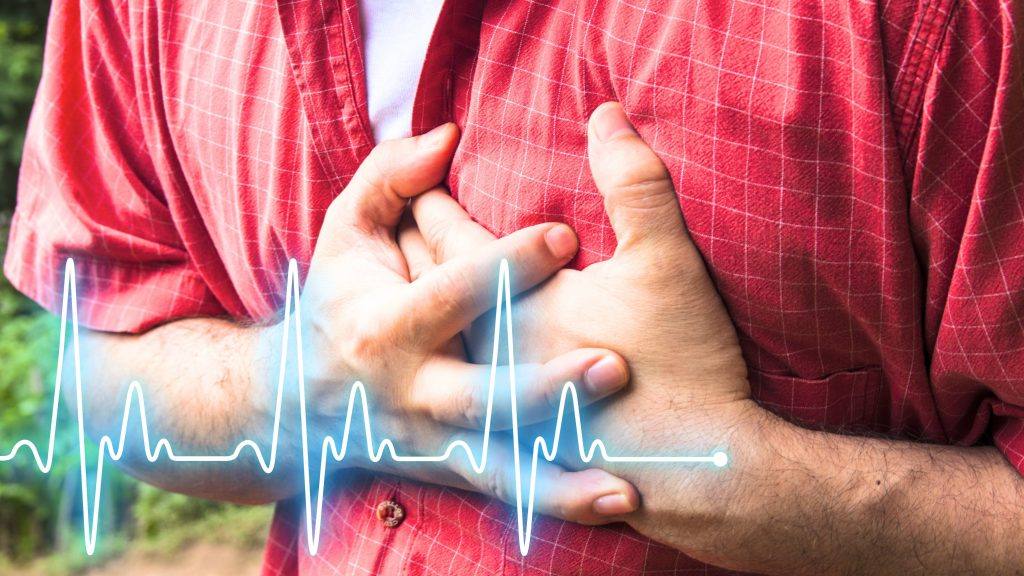-
Cardiovascular
AI-enhanced EKGs may speed heart failure diagnosis, treatment

Shortness of breath can be a sign of many ailments, including heart failure, which affects approximately 5 million people in the U.S. Difficulty breathing is also a hallmark of COVID-19, which makes rapid diagnosis even more important.
A new study from Mayo Clinic researchers finds that EKGs enhanced with artificial intelligence (AI) are more effective in helping clinicians evaluate cardiac dysfunction in patients, and assist in diagnosing a patient's shortness of breath, compared to traditional methods or standards of care. An electrocardiogram, also known as an EKG, is a 10-second recording of the heart's electrical activity.
"Determining why someone has shortness of breath is challenging for emergency department physicians, especially now, when a patient's symptom could be a result of any number of conditions, including COVID-19," says Dr. Demilade Adedinsewo, chief cardiology fellow at Mayo Clinic in Florida, and lead author of the study published in Circulation: Arrhythmia and Electrophysiology, an American Heart Association journal.
Typically, when people seek emergency care for shortness of breath, an EKG is performed. Patients suspected of heart failure also may undergo a blood test to look for specific elevated biomarkers, such as NT-pro BNP.
"But these biomarker levels can also be affected by obesity, age, kidney disease, severe infection, high blood pressure, abnormal heart rhythms and specific heart failure medication," says Dr. Adedinsewo.
Recognizing the value of AI, a group of Mayo Clinic physicians and researchers developed the EKG-based tool and evaluated 1,606 patients who came to any Mayo Clinic emergency department with a primary complaint of difficulty breathing.
"With an artificial intelligence-enhanced EKG, we can detect decreased heart function more accurately and quickly than the current standard of care tests in patients being evaluated in the emergency room for shortness of breath," says Dr. Adedinsewo.
She adds that the findings are especially timely as the COVID-19 pandemic continues. "Having a tool to rapidly identify cardiac dysfunction among patients with shortness of breath may alter how we care for that patient, especially if it is someone who is positive for COVID-19 or suspected of being positive for the novel coronavirus."
Although AI-enhanced EKGs are not widely available, in May, the Food and Drug Administration granted emergency use authorization of the AI-enhanced EKG algorithm to aid in screening for cardiac dysfunction in people with confirmed or suspected COVID-19 disease.
Watch: Dr. Adedinsewo discusses AI-enhanced EKG research.
Journalists: Broadcast-quality sound bites with Dr. Dr. Adedinsewo are in the downloads at the end of this post. Please "Courtesy: Mayo Clinic News Network."
Study co-authors are Dr. Rickey Carter, Dr. Itzhak Zachi Attia, Patrick W. Johnson, Dr. Anthony Kashou, Jennifer Dugan, Dr. Michael Albus, Dr. Johnathan Sheele, Dr. Fernanda Bellolio, Dr. Paul Friedman, Dr. Francisco Lopez-Jimenez, and Dr. Peter Noseworthy ― all of Mayo Clinic.
View the research manuscript and editorial online.







